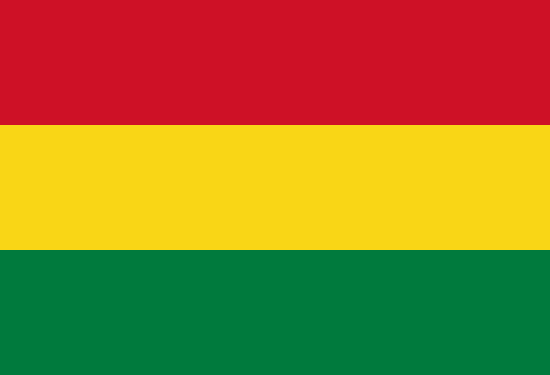
Health Insurance in Bolivia, America
Information expatriation
Capital City: Sucre
Total area: 1,098,580 km2
Population: 9,525,000
Money: Currency Converter
Time Zone: List of time zones by country
Calling Code: +591 XXX
Practical Information:
Health Product: Travel Insurance and Health insurance
Health Insurance information and Sanitary Risk: World Health Map
BLOG: Expat Health insurance Information
Here is a brief description of the healthcare system in the country:
· Bolivia has a mixed public-private healthcare system that aims to provide universal coverage through compulsory public insurance.
· The public system is funded through premiums paid by workers, employers and the government. It operates clinics and hospitals nationwide.
· Private hospitals and clinics in cities provide complementary care but are costly without supplemental private insurance.
· Healthcare access and quality varies substantially between urban and rural areas due to infrastructure challenges.
· Primary care is administered through public network of centers and posts staffed by nurses and medical assistants.
· Larger public hospitals in cities offer more advanced secondary and tertiary services.
· Leading health issues involve maternal and child health, infectious diseases and non-communicable chronic conditions.
· Reforms focus on improving medical training, strengthening primary care provision and expanding health insurance.
· Shortages of resources, equipment and skilled professionals negatively impact service levels, especially in remote regions.
Here are some key health considerations for expatriates living in the country:
· Purchase international medical insurance that also covers costs of medical evacuation flights abroad if needed.
· Consider supplemental private health insurance for faster access to specialists and private hospitals.
· Register with local public clinics and hospitals for basic care, but infrastructure varies by location.
· Bring needed prescription medications and supplies as availability ranges.
· Ensure vaccinations are up to date, especially for travelers/tropical diseases.
· Only consume bottled, boiled or treated water and thoroughly cook foods.
· Rural areas have far less infrastructure - choose residence near major cities if possible.
· Monitor potential impacts of altitude, climate or lifestyle changes on health.
· Learn some basic Spanish medical terms for communicating healthcare needs.
· Natural disasters like floods and landslides are rare risks - maintain basic supplies.
· Register location with embassy in case evacuation from country becomes necessary.
· Consider costs if advanced care requiring equipment/specialists abroad is urgently needed.
